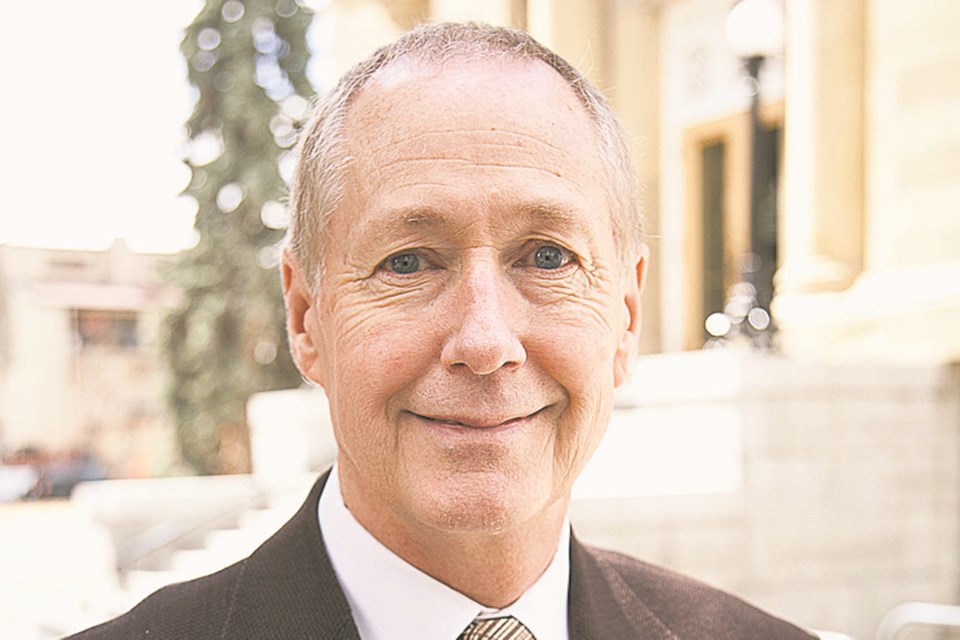It was the most widespread marketing campaign in human history. And, guess what? It worked.
For more than two years the entire planet was urged to be afraid: to get too close to other people; breathe the same air; allow strangers into our homes, workplaces, and countries.
The reason for those endlessly dire warnings, of course, was COVID. Never before, not even during the height of previous world wars, was messaging so overwhelmingly constant, so ever-present in all media, in each and every country.
Others could infect us, we could infect them, so better to keep our distance and be extremely leery of anyone coming close to that officially designated bubble.
So, is it any surprise a mental-health study, conducted throughout the pandemic, shows a huge drop in empathy among Canadians, ever since those first worrisome reports surfaced in Wuhan, China?
The study, by the Canadian Mental Health Association and researchers at the University of British Columbia, showed that here in Alberta, only 14 per cent of us feel empathetic these days, compared to 29 per cent asked the same questions in May of 2020.
Yes, our ability to sympathize with another’s pain, or perhaps see certain things from their point of view, has essentially halved in only two years.
“The deterioration of social relationships that we see in the data comes at a time when we need each other more than ever,” said Dr. Emily Jenkins, who co-led the research.
No kidding. After the past two years the entire planet could do with a group hug. Sadly, the opposite is more likely to happen.
Let’s face it, if for 24 months you constantly tell a child they’re stupid, don’t expect them to turn around and subsequently ace an exam.
So, telling everyone, everywhere, to be scared of almost everything, is unlikely to lead to mass outbreaks of merry, makeshift choirs singing Kumbaya at street corners from here to Odessa.
(Pandemics are often joined at the hip with war. When we tell folks to distrust everyone it doesn’t exactly foster a spirit of international co-operation. Does Vladimir Putin appear particularly empathetic these days?)
Please, don’t misunderstand. This isn’t criticism of the various measures imposed to fight COVID.
The world is so interconnected today such global action was inevitable in its overwhelming scale. And in many respects this fight was a triumph of human ingenuity: the delivery of almost 12 billion vaccinations into so many arms, in less than 18 months, is in itself a logistical miracle.
No, we did what we thought best, and we tried to follow the science, even if at times that was akin to watching two blind men playing Ping-Pong, such were those bizarre changes in official direction.
But now COVID has lost its fearsome sheen. Immunity, from needle or by surviving infection, is what got us this far as homo sapiens, but we’ve got a problem. Actually, we’ve got lots of them.
Some, such as delayed surgeries, foregone education, and massive debt levels are fairly obvious. Others are more subtle, but no less worrisome.
How we think and feel about our fellow human beings is one of the most challenging issues we face. We are not robots; we are soulful, passionate, erratic, emotional animals that often imagine those big brains we lug about make us utterly logical.
No, they don’t. They make us utterly complex. Therefore, untangling the fear, anger, and confusion that has seeped into us for two years isn’t a simple matter of flipping some switch.
We need to rebuild trust, hope, and empathy. Fighting that virus could be child’s play in comparison.
Chris Nelson is a long-time journalist. His columns on Alberta politics run monthly in The Gazette.



